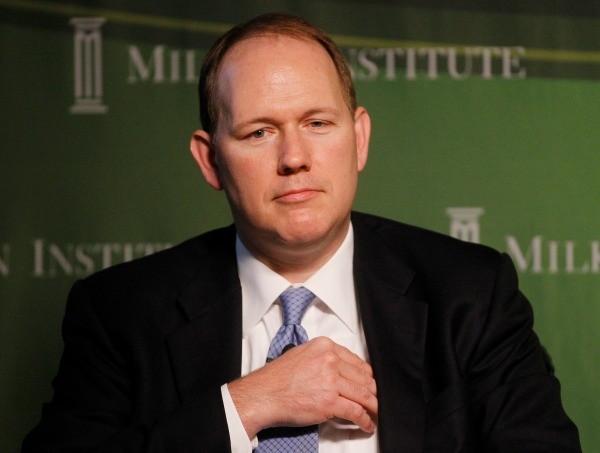Stakeholders of Apollo Education Group are worried about the challenges the company might face following a disappointing loss during the second quarter and decided to push the price of the stock down to a low 28 percent.
Since the year started, shares of the adult-education giant have already been reported to have plummeted to 41 percent. Consequently, student enrollment as well as cash flow is affected.
The company reported a loss of $33.6 million, equivalent to 31 cents per share for three months from a low number of student enrollees. This resulted to a reversal of the $14.6 million or 13 cents a share last year.
Yielding double -digit declines in the number of student enrollees and drop in assets and liabilities, the Phoenix-based company is said to be facing challenges from competitors and regulations.
The number of student enrollees of America's largest for-profit university have dropped tremendously from 460,000 five years ago to just 213,000 this year, CNN Money reported.
Meanwhile, Apollo CEO Greg Cappelli is still positive the company will be able to manage the situation with a long-term strategic plan. The executive mentioned about expanding Apollo Global and making University of Phoenix unique from other schools with program-based colleges.
"We are aligning education to careers, offering students tangible skills and helping employers develop a high-performance workforce," the CEO said.
"In a time of unprecedented change in the higher-education industry, we are focused on enhancing outcomes through a deep understanding of student and employer needs," he added.
The market is on a third day loss as shares from other companies plunge, including the Apollo Education Group, reported the NY Times.
According to analyst Rodney Nelson, who keeps track of the company's shares through Morningstar, unless figures show enrollment is picking up, investors should not take risks.
He wrote, "While we still believe that Apollo is an important player in the for-profit education market, it does not command a competitive advantage amid tightening regulation and stout competition from traditional higher-education institutions."
John Sperling, the founder of the company, used to be an educator before becoming an entrepreneur.



























